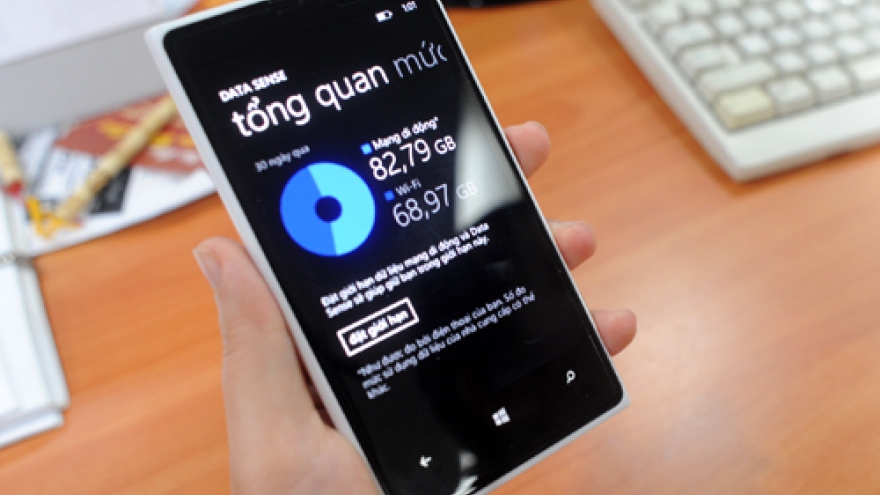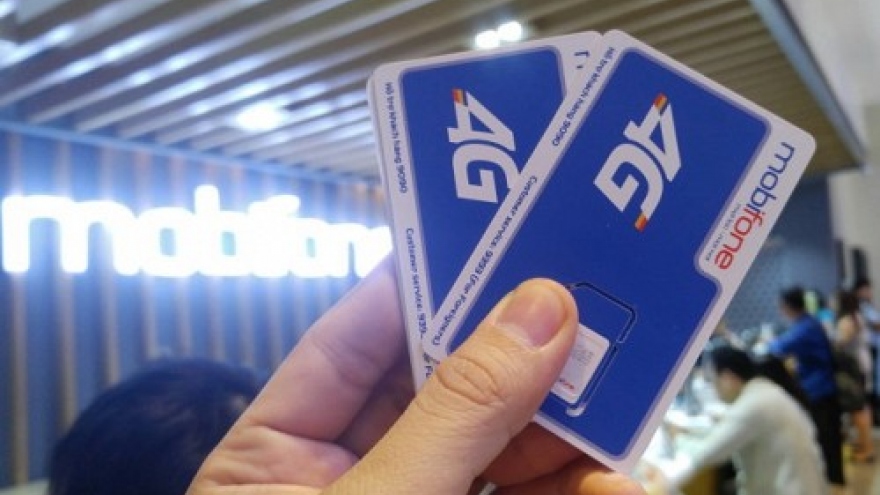Vietnam telecoms advance in digital TV race
VOV.VN - Demand for new mobile services has dropped over the past year and growth in the segment has come to a standstill, said Pham Hong Hai, deputy minister of Information and Communications at a recent forum in Hanoi.
 |
With the arrival of 3G and 3G+ and ahead of the launch of 4G the segment is experiencing a gradual shift to more value-added services with considerably less expansion in the sheer numbers of the existing customer bases.
As a result of opening the market to telecoms that are not involved with state-owned VNPT a lot of healthy competition has arisen, said Mr Hai, noting the government is looking for ways to capitalize.
Growth in the mobile market segment has largely evolved around prepaid mobile services and the expansion of the customer base since the decision was made to open the markets in line with World Trade Organization commitments.
Viettel is the largest mobile operator in Vietnam with a market share of over 40%, followed by MobiFone VTNL-Vinaphone and Vietnamobile in descending order of the magnitude of their market dominance, said Deputy Minister Hai.
Because of their bloated bureaucracies and other cost inefficiencies these telecoms are now forced to rethink their business strategies in order to compete with the smaller and more leaner companies entering the marketplace.
In many cases, these newcomers can offer the same or better quality services to Vietnamese consumers at prices far below cost to the less competitive and larger state owned enterprises, which are being forced to streamline their operations in a major way if they are to survive in a profit oriented world.
Over the past couple of years, he noted that the market has reached a saturation point, having jumped from a mobile penetration rate of 135% in 2013 to 147% in 2016. Further slow growth is expected to continue over the next five years and will likely hit 150% by 2021.
Mr Hai added that the fixed broadband subscriber market in the country has also experienced moderate growth over the past few years, having expanded from a relatively small base.
Penetration has increased from 6% in 2013 to 8% in 2015 and 9% in 2016. Fixed broadband penetration is now forecast to grow moderately over the next five years, reaching between 14% and 17% by 2021.
VNPT has been the leader in the broadband market largely on the back of its migration to a packet based Next Generation Network (NGN).
The general idea behind NGN is that one network transports all information and services (voice, data and all sort of media such as video and Channel Broadcast) by encapsulating these into packets, like those used on the internet.
In the meantime, advancement of the digital economy in Vietnam has been largely sluggish, underscored Mr Hai.
The government has been prodding the country’s move into the age of the digital economy, he noted, adding it has been constantly emphasizing the need to use e-commerce to improve the country’s economic competitiveness but to date hasn’t had much to show for all the effort.
On a positive note, however, the country is moving quite quickly towards the digitalization of TV broadcasting. A strategy plan for conversion to digital TV should see the country’s television stations broadcasting completely digital by 2020.


